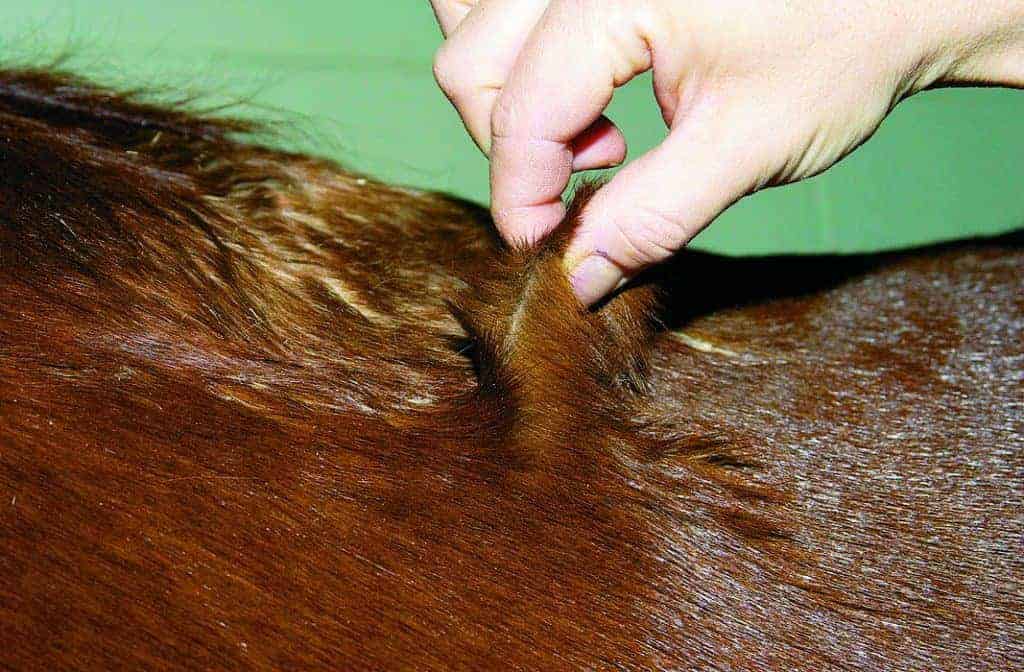
Muscular Disorders in Athletic Horses
Certain muscular disorders, such as HYPP and PSSM, are common in horses because breeders have selected for specific traits, including enhanced muscle mass and metabolism economy.

Certain muscular disorders, such as HYPP and PSSM, are common in horses because breeders have selected for specific traits, including enhanced muscle mass and metabolism economy.

Find out what the equine genome can tell us about our horses and preventing genetic disease.

The test will screen for five potentially fatal genetic diseases often found in Quarter Horses.
Testing options include a comprehensive coat color package and a comprehensive disease diagnostic package.
The APHA has introduced the University of California, Davis, as its official genetic testing provider.

Geneticists have created tools and tests that help horse breeders select for healthy foals. Furthermore, access to the equine genome means scientists can examine common diseases and conditions and find ways to prevent (and one day treat) them.
Glycogen-branching enzyme deficiency, a genetic mutation affecting a particular glycogen-storage enzyme, is traced back to Quarter Horse sire King or his sire, Zantanon. Up to 8% of Quarter Horses and Paint horses carry the GBED defect.
Stephanie Valberg, DVM, PhD, professor of large animal medicine and director of the University of Minnesota’s Equine Center, began the in-depth seminar on muscle disorders by discussing diagnosis of muscle disorders, beginning with a careful
Careful inspection of a horse’s muscle mass and symmetry and hands-on palpation educates the examiner about the horse’s muscle tone and comfort level. The examiner also evaluates the horse in motion and conducts a full lameness exam.
Many DNA sequence variations are fine; they just give rise to the broad spectrum of colors, sizes, and other characteristics we see in the horse population. Some variations, however, cause problems. These might range from a genetic predisposition
Glycogen-branching enzyme disorder (GBED) has likely been a cause of neonatal mortality in Quarter Horses for decades, according to Stephanie Valberg, DVM, PhD, who gave an update on her research on the disorder at the recent conference of the
Stay on top of the most recent Horse Health news with
"*" indicates required fields